Politician Vs Your Car: How your personal mobility is under attack
The NSW Planning Minister has officially said our personal cars enslave us, and EVs are ‘not the answer’. 12th Century, here we come…
Let’s play a new game: Who’s the dumbest politician in Australia today? Answer: All of the above.
Let us shine a light of a different kind on high quality political stupidity, in relation to the automotive game.
Today’s contender, from the Parliament of New South Wales, is Minister for Planning and Public Spaces, Rob Stokes.
Rob is one of my favourite breeds - a lawyer who blossomed into a politician. Like the ugly duckling that became a wild pig. A nuisance in every sense of the word.
What society needs, I think you’d (dis)agree, is more lawyers in parliament. Of course I’m merely making a piece of social commentary here about all lawyers who transition into political undertakings. No comment is made about Mr Stokes personally.
Mr Stokes’ recent overarching hypothesis on vehicles would be quite entertaining if it weren’t also an apparently honestly held collection of thought bubbles. His opinions on this were reported recently in a puff piece by Peter Costello’s Sydney Morning Herald - which as you know is owned by Nine Entertainment. (The ones who managed to kill CarAdvice >> )
Anyway, Stokesy claims cars are bad because they “enslave us”, and he adds that transitioning to EVs is just a kind of green Band-Aid at best. So, cars are bad, and the 12th Century is good, apparently. (I’m paraphrasing.)
Here’s Stokesy, referring to electric vehicles, in the SMH:
To this comment, I would retort, ‘Listen, dude, we’re not all state government ministers with a cushy office close to home on the Northern Beaches.’
Cars are essential for many Australians to live their lives. That’s not negotiable.
I’d like to know how many times Stokes has actually commuted to Parliament House from the beaches on a bicycle and/or public transport. Or even his own car paid for using his own salary. That would be excellent to know, for perspective, because if he routinely gets there by car, then that seems quite hypocritical and certainly not a case of leading by example.
Stokes says we need to transition away from private cars rather than focus on how those cars are powered. And by ‘we’ he presumably, like most politicians, he means everyone else except him and his fellow privileged members of parliament.
You might interpret Mr Stokes’ core message as the most virtuous car you could possibly own is no car at all. How ridiculously out-of-touch, and yet, also, how weirdly Zen of him.
MORE CONSUMER RELATED REPORTS
Ford in-car advertising. It's just around the corner. Welcome to Hell. >>
JobKeeper scheme fails the taxpayer and delivers more auto industry welfare >>
Why Victoria's EV subsidies are such an insult >>
Prepare now for End of Financial Year (EOFY) new car sales 2021 >>
New car stock shortages: Discounting? What should you do? >>
How to get out of any new car deal with minimal financial pain >>
My AutoExpert AFFORDABLE ROADSIDE ASSISTANCE PACKAGE
If you’re sick of paying through the neck for roadside assistance I’ve teamed up with 24/7 to offer AutoExpert readers nationwide roadside assistance from just $69 annually, plus there’s NO JOINING FEE
Full details here >>
When the uninformed speak publicly
It’s a bad habit of many politicians to speak with resounding confidence on topics with which they have very little - or zero - formal training, experience or expertise.
Rob Stokes attempted to continue speaking with authority in this manner:
Let me contextualise that enslavement for you, Mr Stokes. In the context of recorded human history, the worst car you can own today, in the most congested traffic, belching the dirtiest exhaust and a dent on every panel, actually gives you more mobility than a Roman Emperor or an Egyptian Pharaoh. So there’s that.
Mum’s old Camry is a formidable means for getting around.
Cars and roads are simply a poor way to get everyone to the CBD at 9am, and then to return home again at 5pm. The centralised commute system gets overwhelmed and operates with frustrating and compounding inefficiency.
As a Planning Minister, he should be responsible for viable mass transit systems, to mitigate this problem. That’s literally his job - to plan - and plan better for the future to reduce or avoid such congestion and inefficiencies.
In Sydney it is truly a spaghetti maze of zigging and zagging roads, weaving in, out, under and over each respective (poorly-maintained) road.
Why is it this way? Because 200 years ago, someone didn’t plan ahead properly, and they haven’t since.
And I suspect there are some in Mr Stokes’ electorate who would prefer Mr Stokes to focus on the improvement of public transport, rather than crying into his silk tie about this alleged vehicular ‘enslavement’ we all ‘suffer’ - which is actually one of the greatest liberations of recorded human history.
Stokes, again commenting in public, in complete blissful ignorance. Sadly, he’s not commenting on the topic for the people he represents. He seems to just be commenting.
Honestly, sometimes it is worthy of despair who we manage to elect to call the shots in society.
Let’s deconstruct this Himalaya of untruth so you can decide for yourself just how ill-informed Mr Stokes is on this - and hopefully you can make a difference at the next election.
So, Mr Stokes alleges that particles from brakes and tyres are bad for human health. This is certainly true, and as exhausts themselves get cleaner - except for those old trucks infesting our cities, which is the kind of thing a Planning Minister should actually know and care about. But I’m sure this dirty old trucks issue will not get addressed because the trucking lobby is so powerful - but as exhausts get cleaner, particles from brakes and tyres make up a proportionally larger part of the particle pollution problem.
One of the cleanest vehicles on sale today, subjected to scrutiny.
Sorry to break it to you, Mr Stokes, but in the context of EVs and hybrids, they actually have this thing called ‘regenerative braking’, which is a clever means of capturing a car’s kinetic energy, and pumping it back into the battery, while slowing the car down -- without brake dust. Generating fat electrons in lieu of brake dust, it’s actually quite effective.
This means that EVs and hybrids are far less reliant on their conventional braking systems than ordinary cars, which means their brake dust emissions are substantially lower. For differential proof on this, conventional brakes on EVs and hybrids hardly ever wear out.
Rob Stokes does not get a free pass on his apparent ignorance of this issue because, apparently, he has a Masters in Science from Oxford. I’m unsure if it’s proper science, or the ‘science’ of making stuff up, but he should understand this topic, in my view. I don’t know why cabinet ministers have this tendency to let go of their acquired knowledge during the swearing-in ceremony.


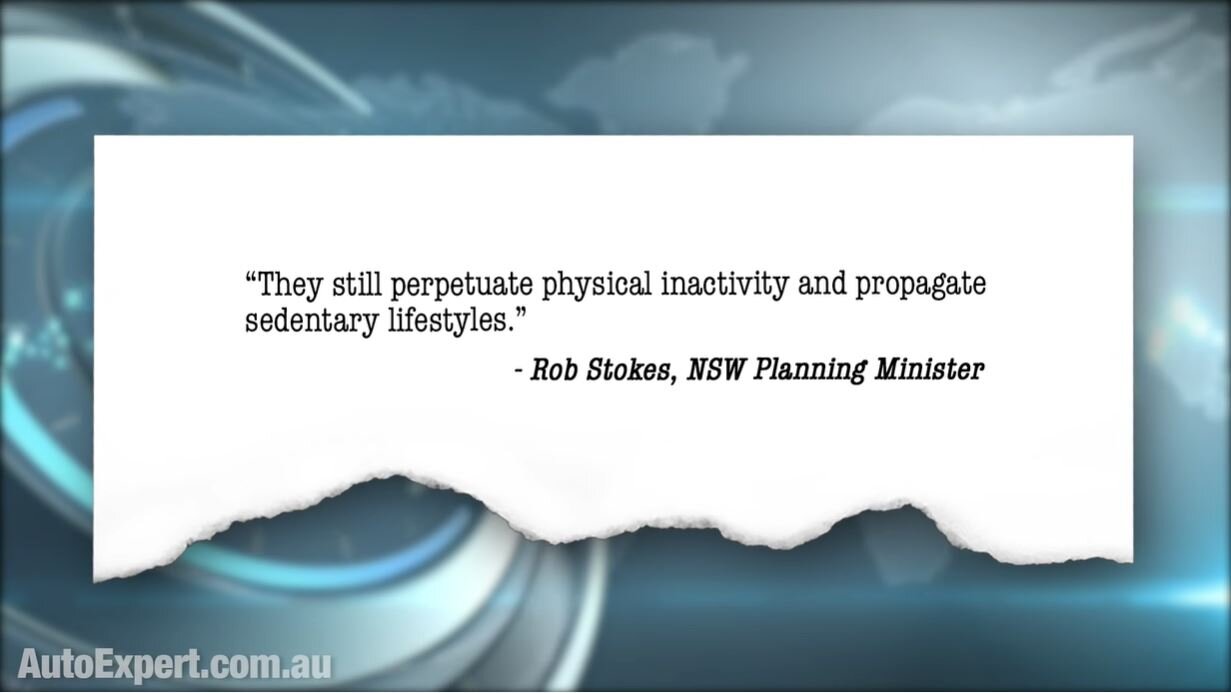


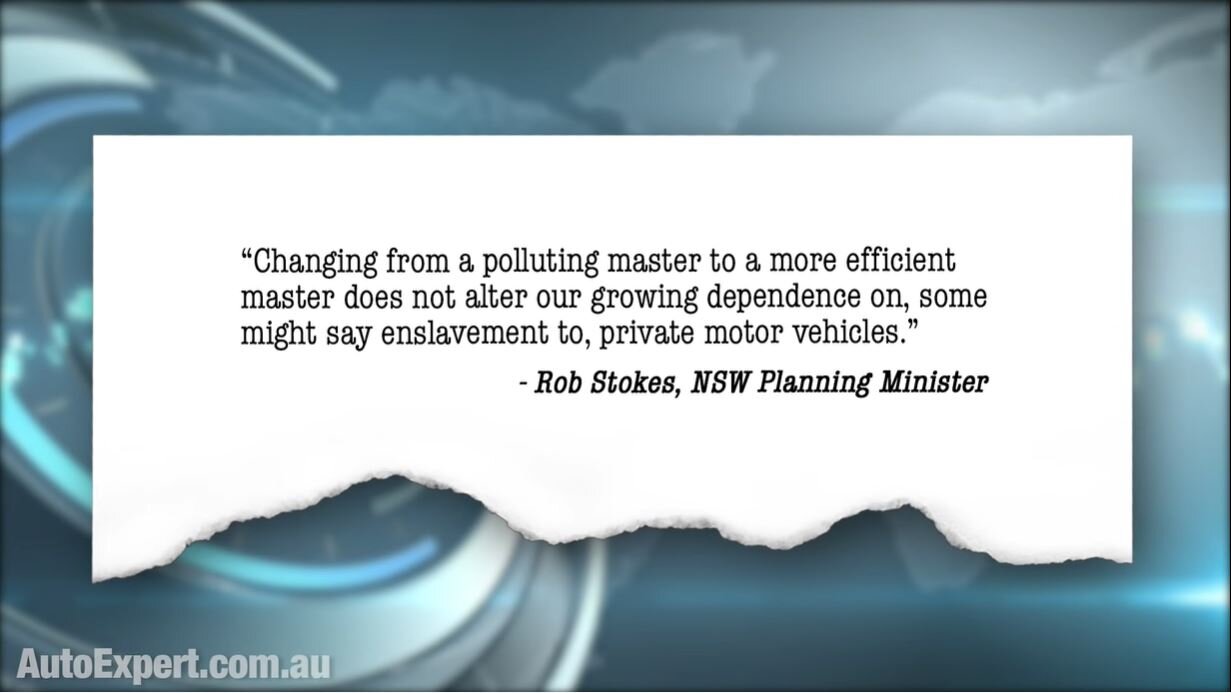
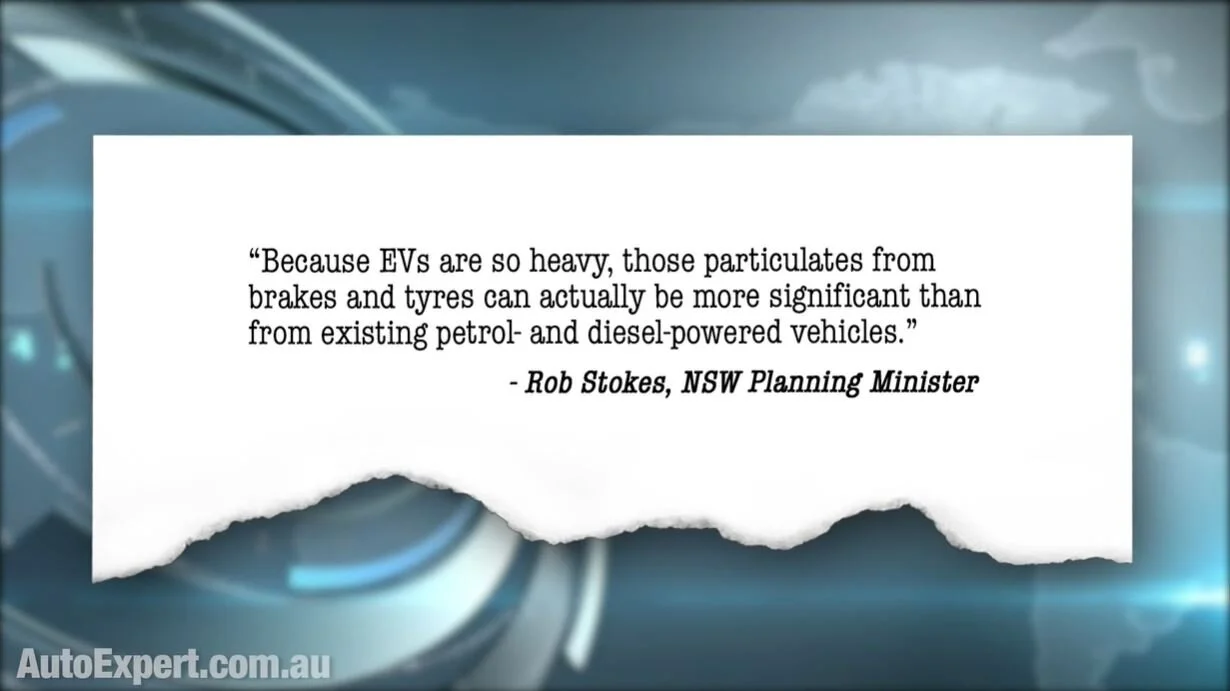






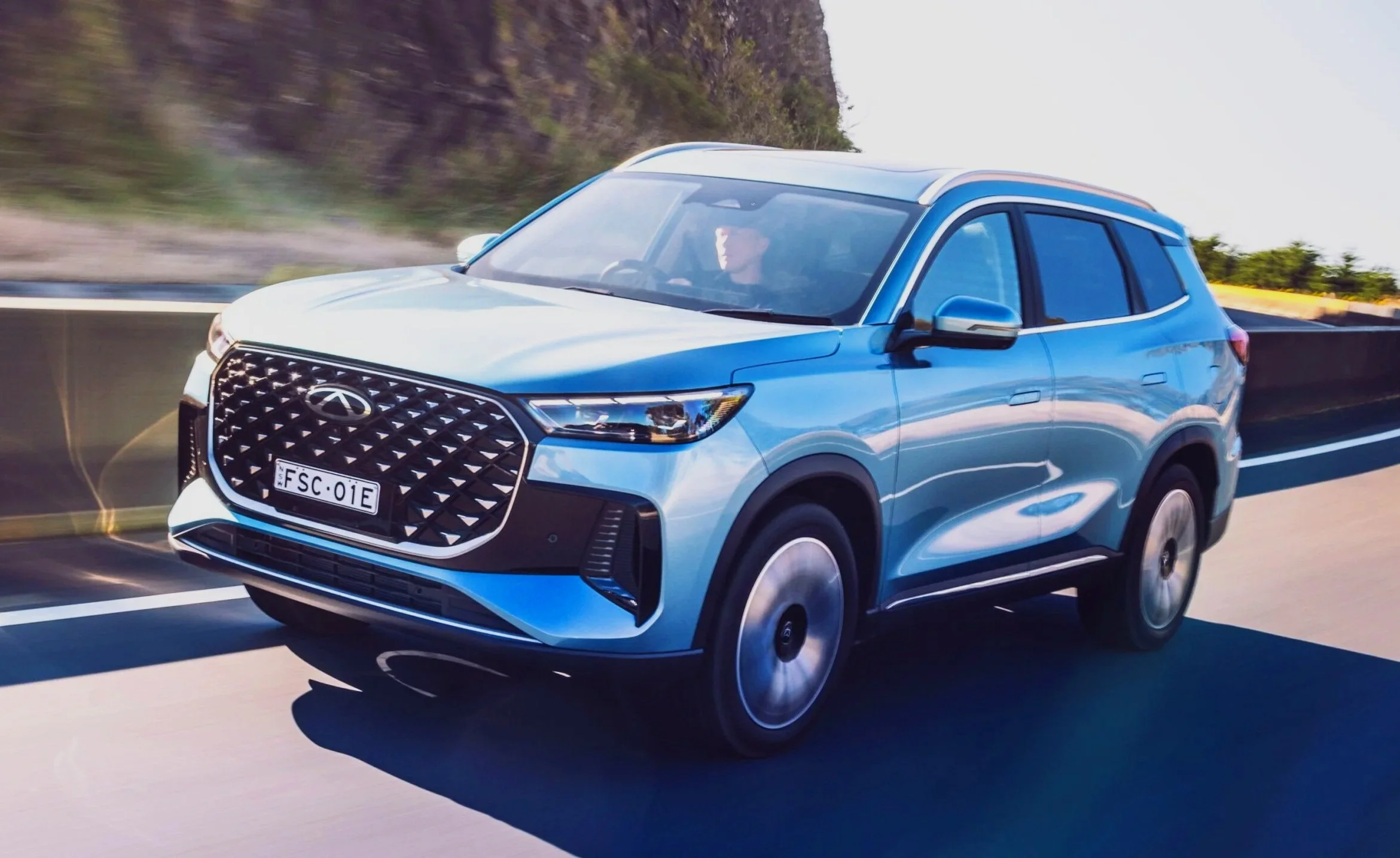
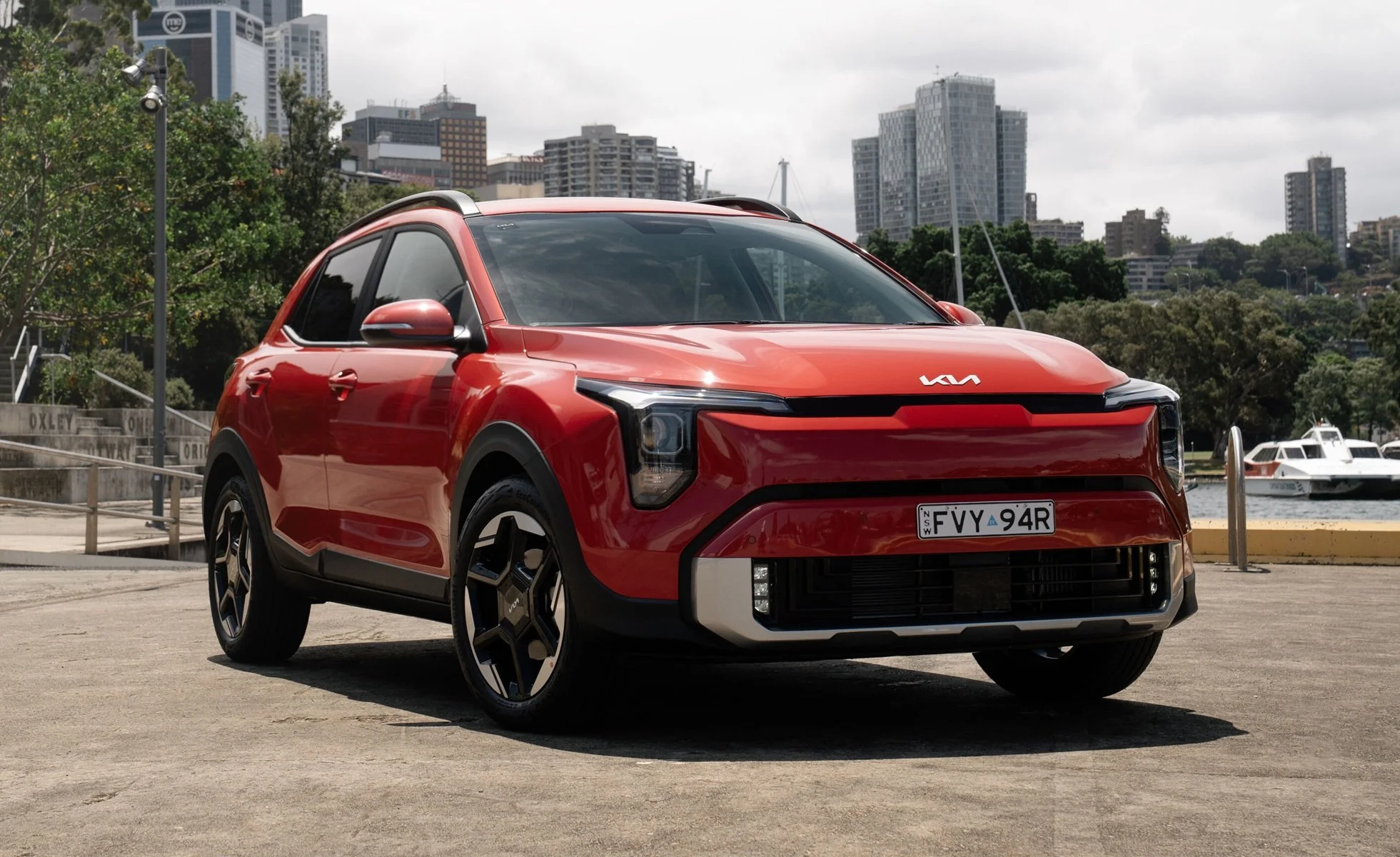
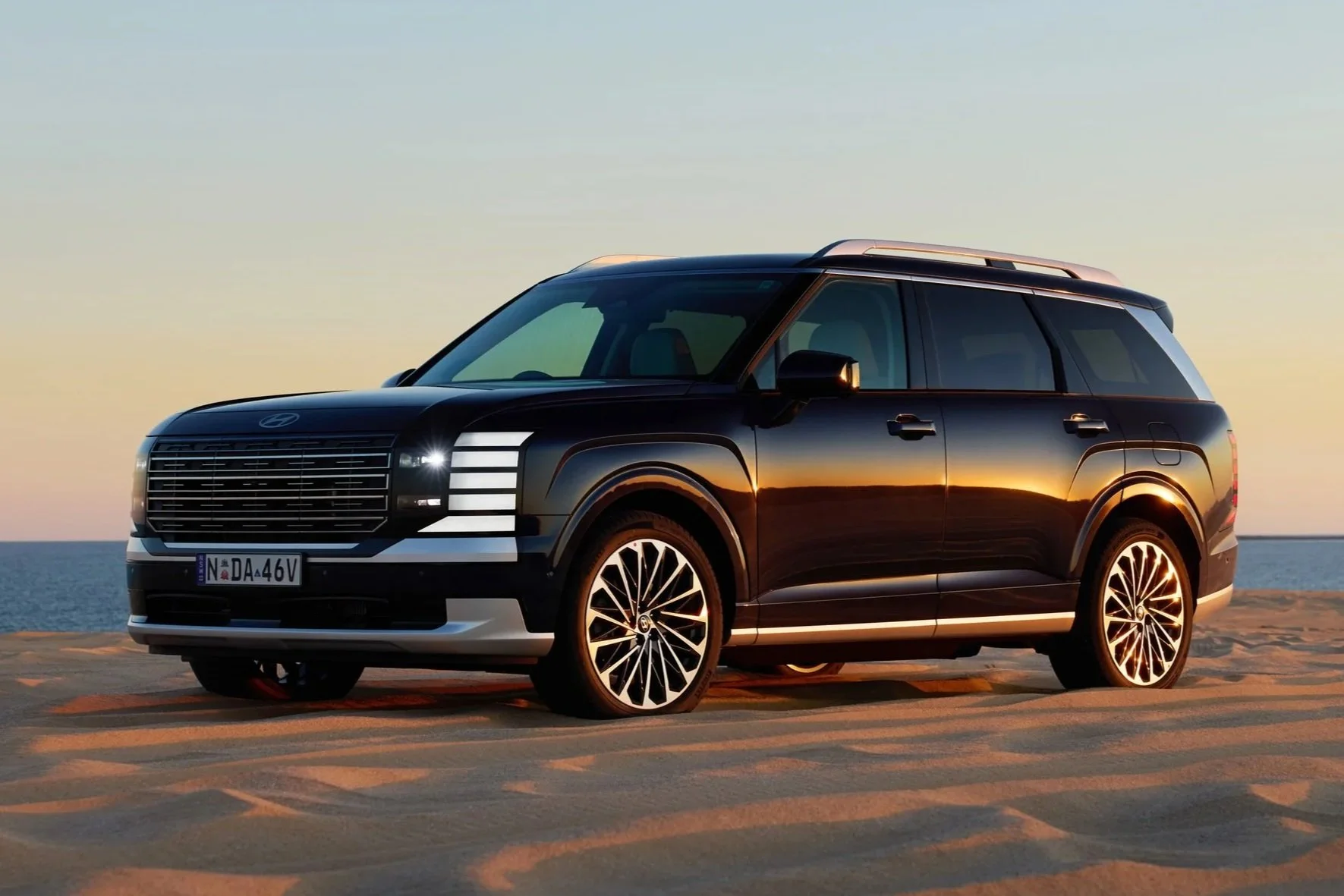
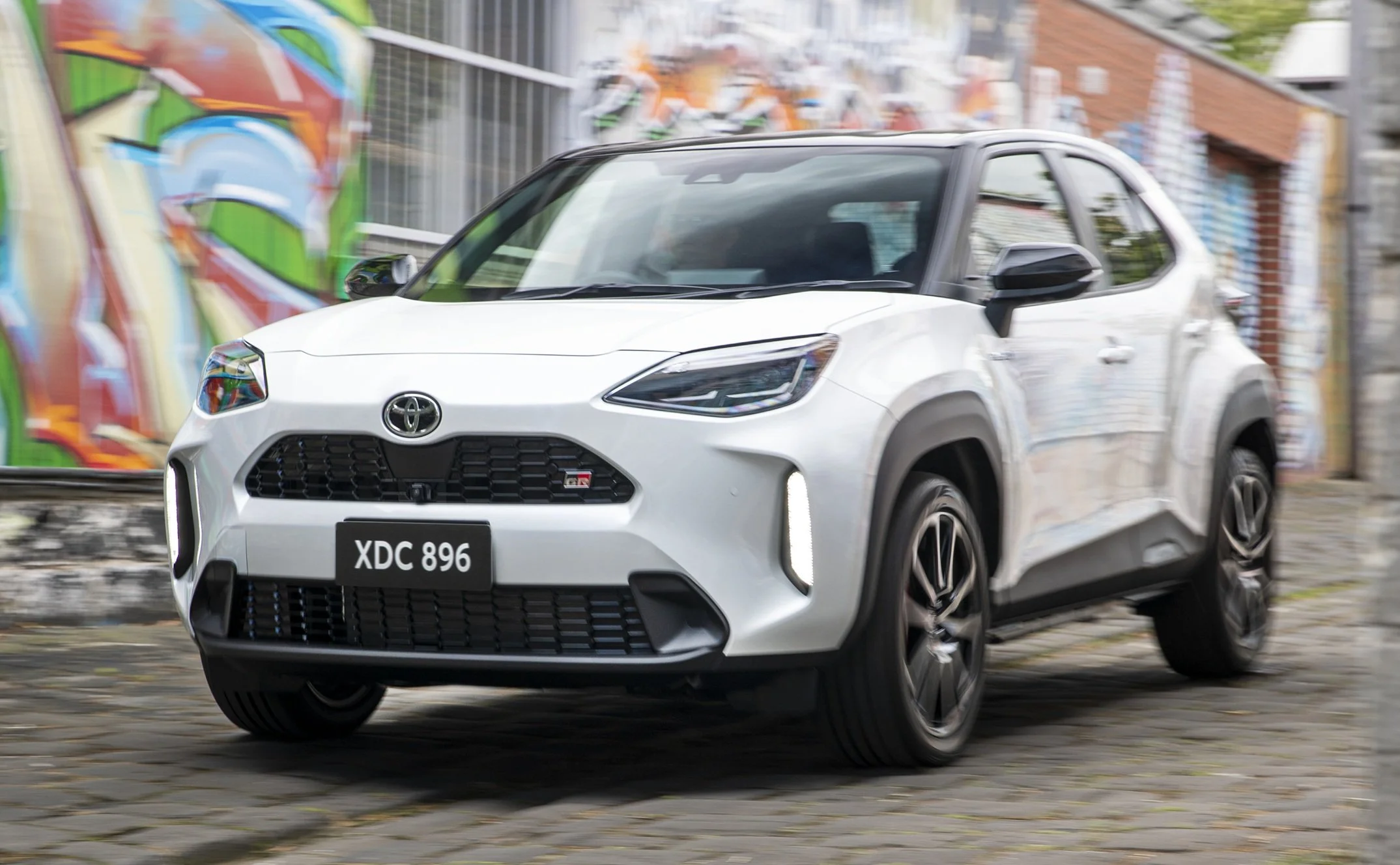


Just because a ute is cheap, that doesn’t mean it’s worth the money. Is the GWM Cannon more than just a cut-price Ranger wannabe? Can it offer towing, off-roading capability and robust design to compete with the big brand dual-cab utes like Hilux and Triton?